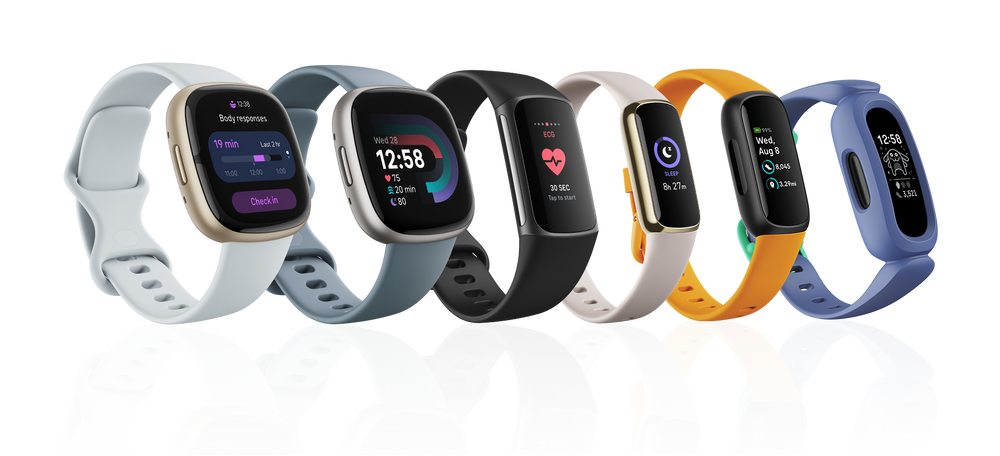The Evolution of Smartphones: How They've Transformed Our Lives

The evolution of smartphones is not just a tale of technological advancement; it's a story about how a device reshaped the fabric of daily life, communication, and even our cognitive processes. This article delves into the transformative impact of smartphones and how they have become the ultimate tool for modern living.
A Brief History: From Bricks to Brains
The journey of smartphones began in the early 1990s, with bulky, basic devices primarily designed for voice communication. Fast forward to the present, and smartphones are slim, sleek devices packed with computing power that rivals that of desktops from just a few years ago. The introduction of the iPhone in 2007 marked a significant turning point, setting the stage for an era where smartphones would become central to our social lives, entertainment, work, and so much more.
![]()
Revolutionizing Communication
The core function of smartphones—communication—has evolved dramatically. From simple voice calls and texts, we now have instant access to email, social media, video calls, and a myriad of messaging apps. This instant connectivity has made the world smaller, transforming how we interact, form relationships, and maintain social bonds across distances that would have once seemed insurmountable.
The Gateway to the Internet
Smartphones have become our primary gateway to the internet, offering an endless stream of information and entertainment at our fingertips. Whether it's for browsing the news, streaming videos, shopping online, or accessing educational resources, smartphones have democratized access to information, making it possible for people to learn, engage, and entertain themselves regardless of their location.
Transforming Industries
The impact of smartphones extends well beyond personal use; they have revolutionized entire industries. From e-commerce and digital marketing to telehealth and mobile banking, smartphones have created new opportunities and business models, disrupted traditional industries, and changed the way companies interact with their customers.
A Tool for Creativity and Productivity
With powerful cameras, sophisticated apps, and expansive storage capacities, smartphones have become tools for creativity and productivity. They enable us to capture high-quality photos and videos, create digital art, manage our time and tasks, and even develop software. This versatility has empowered individuals to innovate, express themselves, and work from anywhere in the world.

Challenges and Concerns
Despite their benefits, smartphones also present challenges, such as concerns over privacy, security, and the digital divide. Additionally, the constant connectivity can lead to information overload and affect our mental health. As we become increasingly dependent on these devices, finding balance and ensuring equitable access to technology becomes paramount.
Looking Ahead
As we look to the future, smartphones will continue to evolve, integrating new technologies like augmented reality, artificial intelligence, and 5G connectivity. These advancements promise to further transform our lives, offering even more immersive experiences, smarter solutions, and unprecedented levels of connectivity.
In conclusion, the evolution of smartphones reflects our journey towards an increasingly digital and interconnected world. As these devices continue to shape our lives, society, and industries, it's clear that smartphones are not just a technological innovation but a cultural phenomenon that continues to redefine the boundaries of what's possible.








